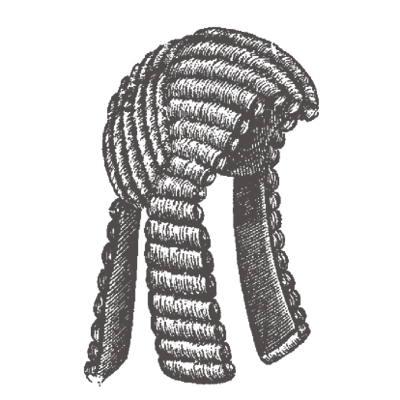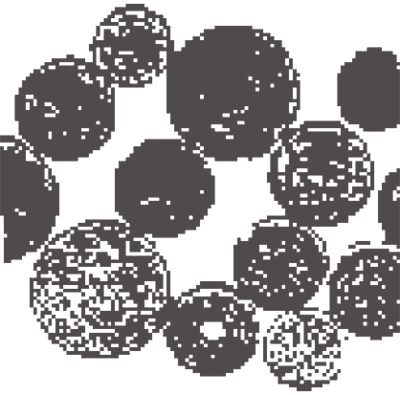12 things worth knowing about labour litigation in Poland
Both employers employing staff in Poland at Polish branches, representative offices or affiliated companies and employers employing staff in Poland without any legal presence here may become a party to employment-related litigation, namely a lawsuit brought by an employee or ex-employee before a Polish court.

Further amendments to the Water Law
The new Water Law entered into force on 1 January 2018. Since then, the law has been amended several times, and one such amendment has just come into force. Some provisions of the act concerning water permits have been changed as of 20 September 2018. The system of fees for water services has also been slightly modified. Moreover, several dozen changes have clarified these regulations.

How to deprive Polish roads of billions of euros
A lot has been published on the harmful effects on the construction industry of the legal solutions proposed in the draft Act on Prevention of Abuses in Road Projects. A disadvantage of the concept of protection of local subcontractors presented by the Ministry of Justice may be to severely limit the General Directorate for National Roads and Motorways’ external financing of projects.

Distinctive character of a trademark
To obtain protection for a trademark the owner must prove that a sign has a distinctive character, i.e. it is not merely descriptive. But it is often unclear whether this is the case.

Where the outcome of one case may determine how the next one is adjudicated
The Supreme Court recently examined the question of courts being bound by final judgments issued in other cases. This issue relates to the binding nature of a judgment from a substantive point of view, i.e. that the same claim cannot be heard again once adjudicated upon. This is an issue of considerable practical relevance because it determines how the outcome of one case can affect how comparable cases are adjudicated. It also defines the boundaries with respect to a court’s freedom to ascertain facts and make legal evaluations by itself.

E- procurement caught up in formalism
The European public procurement system is one of the foundations for the functioning of the common market. The principal task of laws in this area is to enable exercise of freedoms guaranteed in international agreements, being in this case unrestricted access to procurement procedures within the EU for contractors based in various member states. To achieve this, EU law not only requires adherence to the principles of a level playing field, fair competition and transparency; it also aims to remove market barriers, including those that are non-discriminatory, but are disproportionate. Regardless of this objective, interpretation and application of public procurement law leads to excessive formalism, rendering procurement procedures unintelligible, and distorting results around which public procurement law revolves.

Wardyński & Partners announces recruitment for the Litigation Academy
The Litigation Academy is a series of workshops designed for students in their last years of legal education and recent graduates now training for the profession. During the workshops experienced litigators will share with participants knowledge and skills in working with the client, the court, and teams of specialists from various fields and jurisdictions.

Selected anticipated changes in income taxes as of 2019
At the end of August 2018, the Ministry of Finance announced future significant changes in the most important tax acts. These changes are to enter into force at the beginning of 2019. We wrote about some of these here last week. Now we present further changes proposed by the Ministry of Finance, as published in the draft act of 24 August 2018 amending the Personal Income Tax Act, the Corporate Income Tax Act, the Tax Ordinance and other acts, which might be particularly important for taxpayers conducting business activity.

Transportation service applications to be regulated?
Major changes to the Road Transport Act are in the pipeline. The changes are intended to regulate the activities of firms that act as go-betweens in passenger services, for instance by providing mobile applications or computer software.

Taxation of income from trading in cryptocurrencies: A new approach
The Polish government is currently working on a completely new tax regime applicable to income from trading in cryptocurrencies (virtual currencies) for personal income tax and corporate income tax purposes. For PIT purposes, this income is to be taxed as income from cash capital at the rate of 19% regardless of whether the turnover is of a private nature or made in the course of business activity. For CIT purposes, the income from trading in cryptocurrencies will be classified as capital gains. These new rules would apply from 1 January 2019.

Changes in public-private partnerships
Compulsory evaluation of the effectiveness of PPP projects, the possibility of obtaining an opinion on the legitimacy of a project carried out under this formula, a PPP test for projects valued at more than PLN 300 million, implementation of PPP projects via a special purpose vehicle owned by a private partner: these are just some of the changes introduced by an act recently signed by the President of Poland.

The Public Procurement Office’s position on power of representation to file the ESPD
The Public Procurement Office has announced its standpoint on the form of the power of representation to sign an electronic ESPD. The ordinary written form is sufficient.
